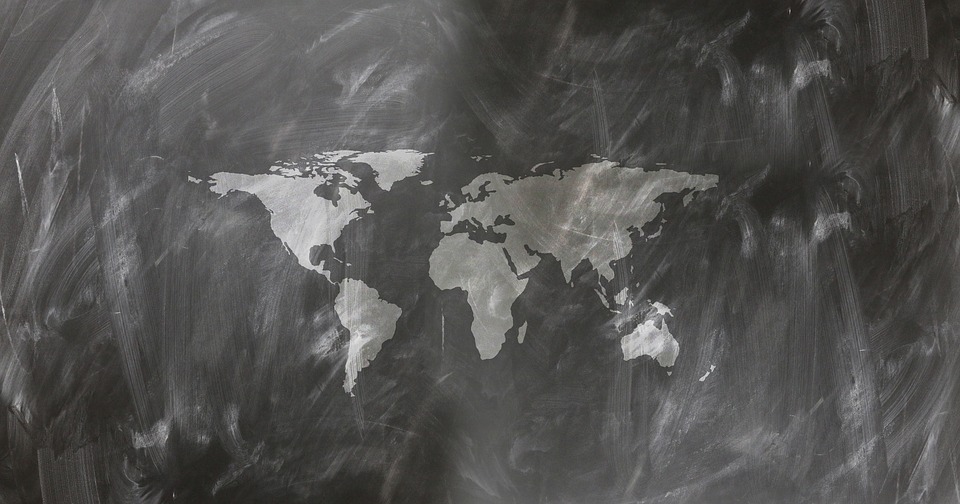The reasons why people are interested in politics can be very diverse. Modern politics is a means of being influential in social life and reflects people’s desire to shape and change social life. It is therefore of interest to people of all classes. Here is a list of the possibilities of politics as one of the most important instruments of class change;
- Through politics, people defend their thoughts and ideas and share them with other people.
- Politics is an important tool for shaping society. Through politics, people can influence society, initiate social change or change the status quo.
- Politics has an important influence on decision-makers. Through politics, people can influence the thinking of decision-makers and change decisions.
- Doing politics is a way of being active in society. By engaging in politics, people feel part of society and participate more effectively in it.
- Through politics, people can express their desire for change. Politics is a way to initiate change and change the status quo.
- Through politics, people may want to create a society that conforms to their beliefs. Politics can be used as a means to this end.
- Politics is a tool people use to protect their own interests. Through politics, people can defend and protect their own interests.
Throughout history, many works have been published on politics and its effects. One of the earliest definitions of politicians – in fact the oldest known definition – is the term Tyrannos (tyrant), coined by the Ancient Greek historian Herodotus in the 4th century BC. Tyrants were used for leaders who acted in their own interests, maintained their leadership through tyranny and limited people’s freedoms.
[su_posts posts_per_page=”1″ tax_term=”77″ offset=”1″ order=”desc” orderby=”id” post_status=”any” ignore_sticky_posts=”yes”]
In the Roman Empire, power was defined as two spheres of leadership called Consuls. The emperor shared one of the highest political leadership positions in the Roman Republic with politicians. Later in the Roman Empire, Emperors rose to the highest level of political leadership. In the Middle Ages, this form of political leadership was divided between royal dynasties and clergy, creating political roles. During this period, political leadership was often concerned with the conduct of wars, the collection of taxes, and the administration of justice.
Modern politics was structured to solve the problems of the large cities that emerged after the industrial revolution and the different classes living in them. In this process of historical change, democratic, authoritarian or totalitarian governments were implemented in different forms in different countries. After the Second World War, one of the orientations of the bipolar world was liberal democracy and the other was communist regimes. Until the 1989 fall of the Berlin wall… The fall of the Berlin wall was undoubtedly recorded as the date of the defeat of the communist world against liberal democracy. Thus, liberal democracy took the center of modern politics. From then on, modern politics was defined as a set of policies to meet the different needs of different people, and to act on issues such as education, health, security, economic development, environmental protection and many others. A period that we will read as the universalist truths of modern politics began. The idea that these universalist truths should be applied all over the world brought us together with globalism. Although it was defined as a process of international integration arising from the exchange of products, ideas, cultures and worldviews, it was essentially a theory that imposed the universalist truths of liberal politics.
But in the late 90s and early 2000s, these truths began to be discussed. This political interpretation, defined as global opposition, can be interpreted as the reverse reading of postmodern politics. Globalization actually took its place in politics as a postmodern definition. The approach brought by globalization was to strengthen the ties between the world economy, culture and politics and to increase international cooperation. However, the practices experienced in the world manifested themselves in the form of a tendency towards a centralized government. This was an American hegemony. The debate between postmodernists and globalists began. Some critics argued that globalization created a “cultural degeneration” between cultures by erasing cultural differences. These critics argued that globalization created a cultural homogeneity across the world by making cultures similar to each other. This is because postmodernism opposed the universalist and naturalistic ideas of modernism and argued that everything must be understood in its historical and cultural context. Postmodernism emphasized the importance of individual identities and differences, that everyone creates their own reality. Thus, we need to ask the following question: “What if nationalism/nationalism as a modern concept is considered with a postmodern interpretation – and nation is closer to postmodernism’s theory of “politics in historical and cultural context”? Could it be a prescription for modern politics and globalization, which is the cause of wars today?

